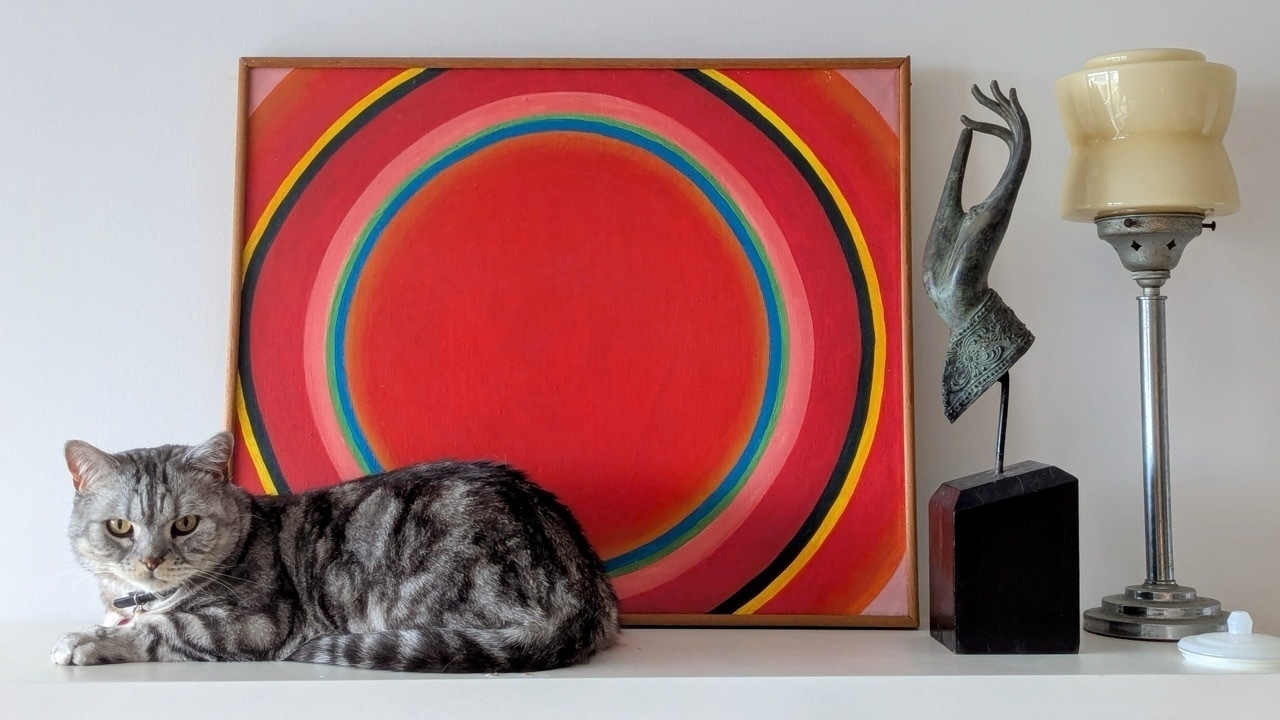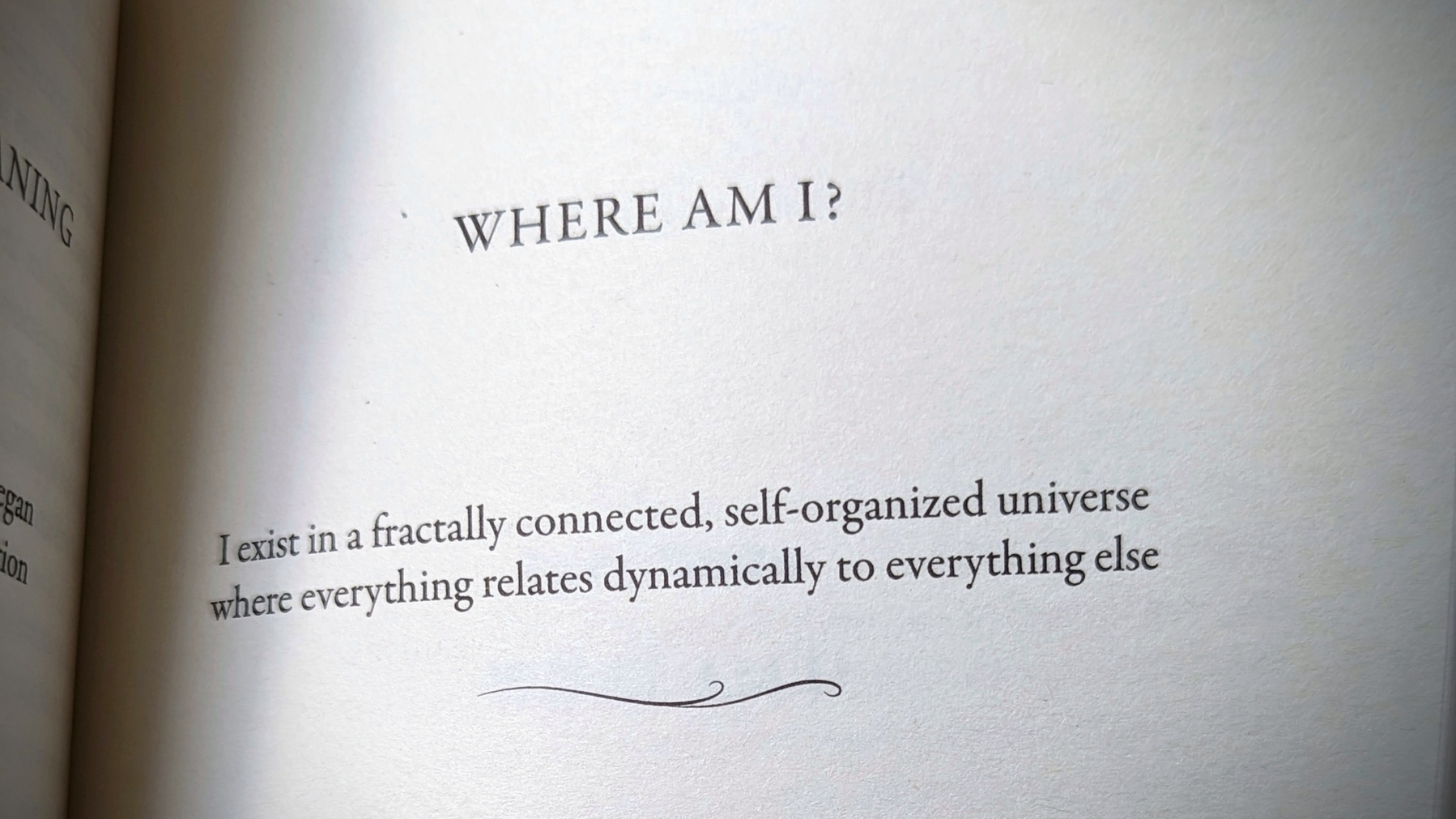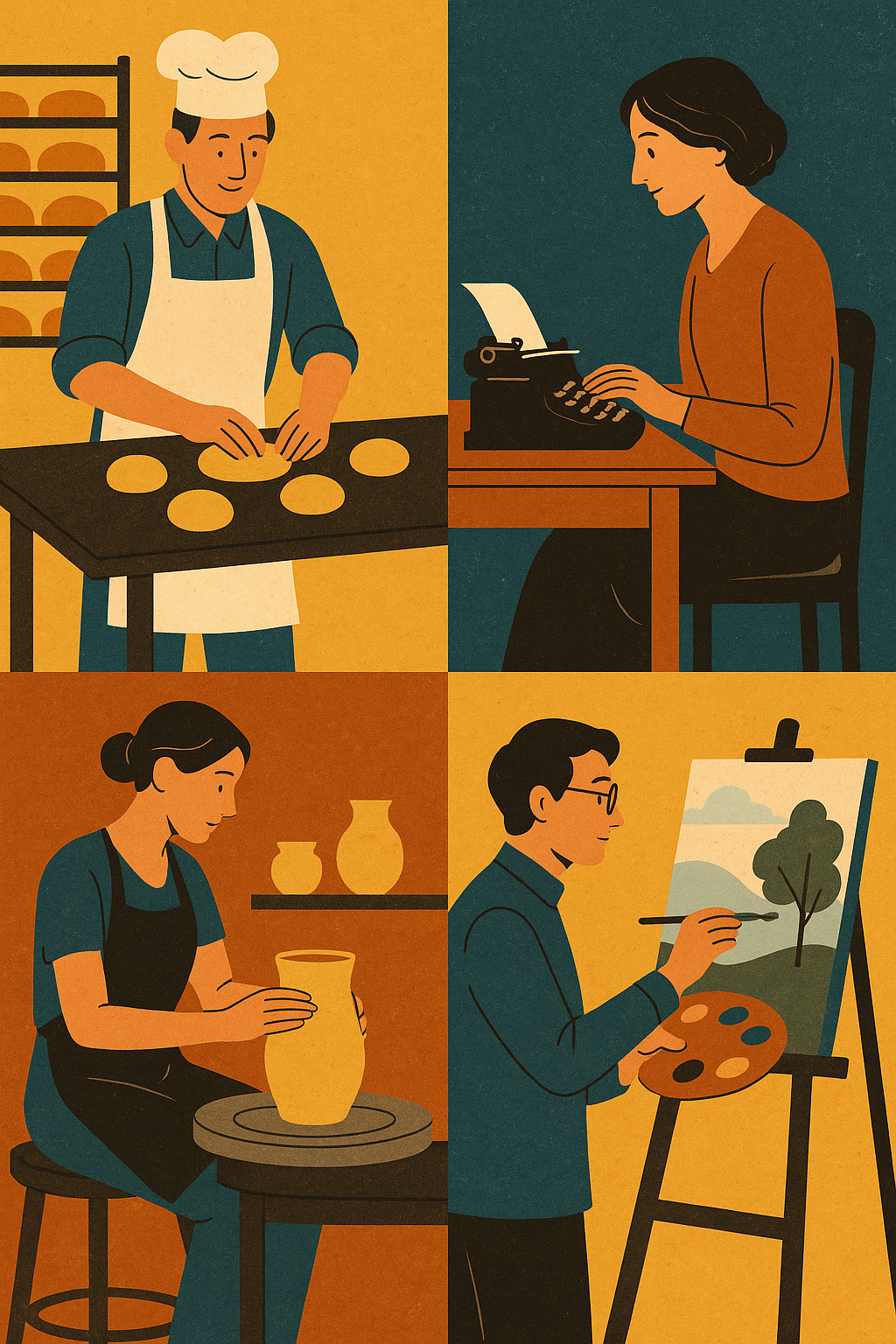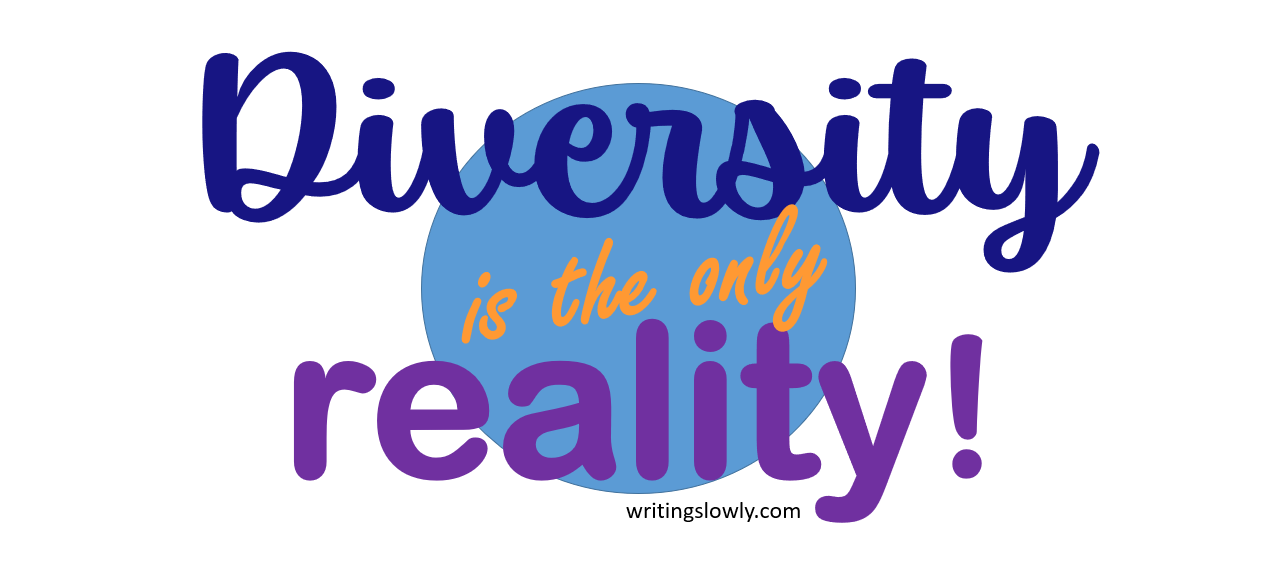Quote
💬 Most attempts at providing computerised tools for writers have thrown out the affordances that previous analogue systems offered, almost without noticing their loss. - writingslowly.com on Ted Nelson’s evolutionary list file.
“Sometimes it’s just nice to know there are other people out there quietly thinking things through.” - writingslowly.com
📷Photo challenge day 30: solitude.
💬"I am the Cat who walks by himself, and all places are alike to me." - Rudyard Kipling.
And there’s more solitude.
#mbjune

💬"In these unprecedented times, it’s more important than ever to find better ways to care for and love our neighbors," - Mon Rovîa.
See also: Who says to care is to disobey?
💬 Back in 2018 I said “the next Web will be fit for humans”.
And how did that little prediction go? Well, I’ve updated my original post with some reflections.
How Walter Breuggemann shaped me
At its best, a family can be ‘a communal network of memory and hope in which individual members may locate themselves and discern their identities’
📷 Photo challenge day 19: equal.
💬 “I exist in a fractally connected, self-organized universe where everything relates dynamically to everything else” - Jeremy Lent, The Web of Meaning.
Yes, we all do.
#mbjune #zettelkasten

💬"When you’re writing, you’re trying to find out something which you don’t know. The whole language of writing for me is finding out what you don’t want to know, what you don’t want to find out. But something forces you to anyway." - James Baldwin. Paris Review, The Art of Fiction No. 78. no. 91, 1984.
Worth repeating and re-repeating:
“the evidence shows that regularising migration is a positive-sum game, in economic, social and security terms.”
A definitive study of a hotly debated phenomenon: migration into Europe and America, its socioeconomic impacts, and the eternal policy efforts to stop the inevitable.
#migration
“The rapid passage of time is a complete antimeaning machine. Doesn’t life absolutely require tactical slowing down if a person, even a smart, serious, concerned one, is to find the time and space to make meaning?” - Eric Maisel
Tactical slowing down is great, but then writing slowly is a whole strategy.
“You only come to know these things in hindsight – when you look back and see the precarious chain of events, happenstance, and good fortune that led to wherever you are now. Before you reach that point, you have no way of predicting which idea will make a difference and which will die on the vine. That’s why you record them all. No matter how random, how small, how half-baked, how unfinished it may be; if you have a thought, record it right away.” ― Antony Johnston, The Organised Writer.
“It is surprising how much one can produce in a year, whether of buns or books or pots or pictures, if one works hard and professionally for three and a half hours every day for 330 days. That was why, despite her disabilities, Virginia was able to produce so very much."—Leonard Woolf. Source.
My take: Choose your own race and finish it. The image is an example of how AI already looks unfashionable.

From tiny drops of writing, great rivers will flow
A river is made of water droplets. Breaking large writing projects into smaller parts makes the task more manageable and less daunting. Who knew?
To understand the future of AI, look to the past
The hype about AI isn’t new. In his day, Victor Hugo was breathless about the book.
Some say that due to AI, “the vast majority of human beauty that will exist has already been created”. I’m pointing out the opposite:
It’s a great time to be writing the future.
Why? Well, by nature humans innovate. Humans equipped with AI?
They just innovate harder.
💬 This is a quiet space…
Moving to Sydney offered cheap train travel compared with Europe. “Never mind arriving,” I would say, “it’s great value just for the view.”
Looks like they’ve finally worked out the real value proposition.

I’m always comparing my sloppy first drafts with other people’s heavily-edited published work. So it’s no wonder I’m down on my own stuff; this is a completely unfair contest of my own making.
That’s why I’ve found Dan Harmon’s advice enduringly helpful:
💬 Switch from team “I will one day write something good” to team “I have no choice but to write a piece of shit.”
In other words, ‘perfect’ is for editing, not for writing.
💬“I had in my mind to write three books about the world as it was, using concepts and images almost like characters. But I ended up making a long detour.” — Italian author, Roberto Calasso. (Source).
“Long detour” is an apt summary of a writing life, and fitting inspiration for my latest project.

💬 “It was mainly a matter of transcribing and rearranging my notes… My notes were like plans for a bridge. Writing the book was like building that bridge.” - John Gregory Dunne, The Studio, 1968.
Maybe you can create coherent writing from a pile of notes after all. writingslowly.com

